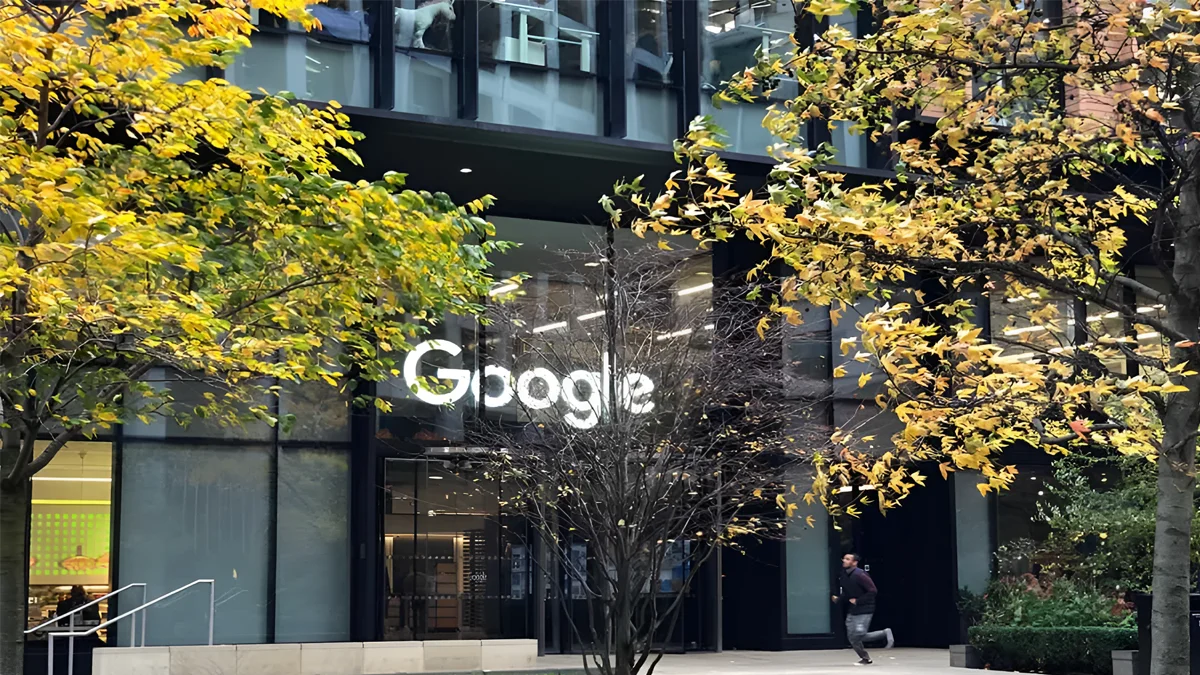Necessary Always Active
Necessary cookies are required to enable the basic features of this site, such as providing secure log-in or adjusting your consent preferences. These cookies do not store any personally identifiable data.
|
||||||
|
||||||
|
||||||
|

Search-giant, Google, has changed tune on its decision to block third-party cookies on Chrome browsers. Google cookies are tiny files that computers store, allowing advertisers to monitor user activities online and target them with ads.
BBC reported that the data privacy watchdog in the UK expressed disappointment at Google’s decision to backtrack on these plans. Google’s plan was to replace cookies with Privacy Sandbox. This proposal raised fears that this move would leave less space for rivals in the digital ad industry.
Google said it will use a different approach to allow users an informed choice across browsers. The tech giant is engaging regulators on its next steps. This means Google isn’t letting go of its alternative ads approach, but it’ll allow a third-party cookie system to run parallel. This means people will continue to see pop-ups requesting them to turn cookies on or off.
“It has been our view that blocking third-party cookies would be a positive step for consumers. The new plan set out by Google is a significant change and we will reflect on this new course of action when more detail is available,” Stephen Bonner from the Information Commissioner Office said.
Google Chrome third-party cookies have been an important part of digital advertising. These small files from websites that people visit remain in their computer, allowing advertisers to monitor user behavior across websites and profile consumers based on their interests.
As a key player in digital advertising, Google’s plan to replace cookies proved to be a controversial move. Online ad companies and rivals were against this move. In 2021, UK’s Competition and Markets Authority (CMA) raised concerns about Google’s plan saying it could lead to more advertisers using the search engine’s systems. In 2022, Google committed to allay these fears.
“We will need to carefully consider Google’s new approach to Privacy Sandbox, working closely with the ICO in this regard, and welcome views on Google’s revised approach – including possible implications for consumers and market outcomes,” the CMA said.
The tech giant’s decision to go back on its Google Chrome cookies plan has been met with mixed reaction. Trade Desk’s Head of Advertising, John Green welcomed the idea.
“I have been saying for years now to our industry, to Google, and even to Wall Street that I think it is a strategic mistake for Google to get rid of third-party cookies. Google seems to finally acknowledge that the best option for them is to give consumers the choice,” he said.
Outbrain’s Global Marketing VP, Katie Secret holds a different view. She said Google’s decision comes at a time when there is widespread change towards data privacy.
“Users are becoming increasingly aware of the usage of their data, and expect respect and privacy,” she said.
Omnicom Media’s Chief Ethics and Compliance Officer, Katie Eyton says regulators will be focused on how Google gives Chrome users choice over cookies.
“In line with the GDPR requirement for informed, unambiguous consent, choices will need to be presented in a neutral way. People will need to understand what they’re being asked to consent to and the potential consequences of their decision,” she said.
Google Chrome is the world’s leading web browser. Most browsers, including Microsoft Edge, are built using Google’s Chromium technology. Google first announced plans to block cookies in 2020. The tech company delayed the decision to implement this plan for two more years in 2022. Google cited the need for additional time to develop Privacy Sandbox as reason for the delay.